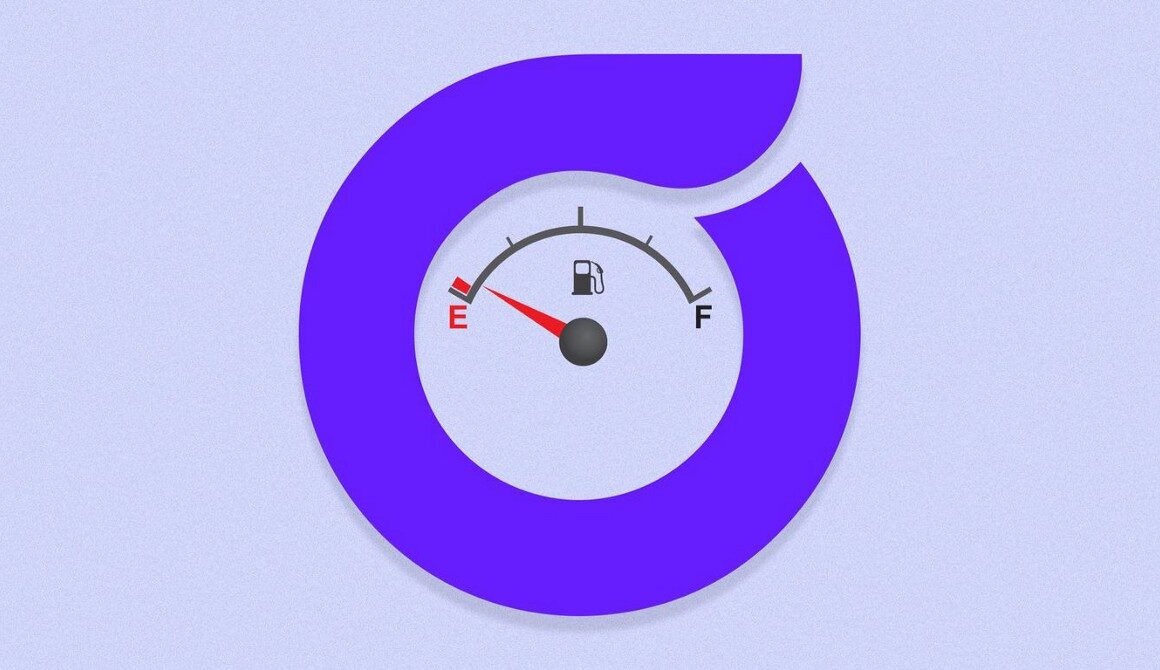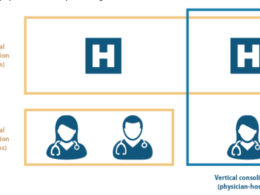Axios
Abril, 2022
Olive is the buzzy startup whose purple “go save health care” buses dominate industry conferences.
But its promises to save health systems millions of dollars with its automation software don’t deliver.
- An Axios investigation finds that Olive relies on rough estimations for its calculations, inflates its capabilities and, in many cases, generates only a fraction of the savings it pledges.
- Erin’s reporting includes interviews with 16 people, including former and current employees and health tech executives.
Why it matters:
Valued at $4 billion by firms like Tiger Global and Vista Equity Partners, Olive is the highest-profile startup in health care automation; a holy grail that promises to cut costs and direct more time toward patient care.
- In just 10 years, Olive’s promise to reduce its clients’ administrative spending by roughly 5X the cost of installing the software has garnered the attention of some of the largest health systems in the U.S.
- Axios’ reporting, which includes interviews with 16 people — including former and current employees, health tech executives and others — finds Olive is failing to deliver on those promises.
How it (should) work
Olive’s sales process, like its peers, consists of evaluating a health system’s processes to assess potential savings.
The company bases those estimates on data gathered from interviews with health system staff and patient access and billing departments, plus net patient revenue and write-offs.
- Four ex-employees say that Olive representatives spend roughly two weeks assessing the potential savings it can generate for a health system.
- That’s markedly different than peers in the sector that spend between six and eight weeks on such evaluations, according to several health tech executives.
- Olive claims to automate administrative tasks for pharmacy and supply chain management, and says its efforts in those categories employ AI and machine learning.
- But seven sources, including current and former employees, say none of those efforts use AI or ML, and instead rely on the decades-old practice of screen scraping, or enabling a bot to scrape information from a PDF or webpage.
The practice “is notoriously risky” because the moment a button is moved, “the whole system breaks,” says one former employee. - They say the only automation work that meaningfully involves AI is Olive’s work on prior authorizations, a capability it acquired when it bought Verata Health in 2020.
What’s happening:
The savings Olive promises to clients are based on rough estimates. The company does not comprehensively track its progress unless a customer specifically requests it, according to sources and several internal and external documents reviewed by Axios.
- “There are hospitals that won’t touch [Olive] because they know people who’ve been burned,” one former employee tells Axios. “And I think people don’t want to admit it; there’s a big sense of shame about it.”
- “Most customers who expected to see $10 million in value delivered, ultimately got less than a fifth of that,” another ex-employee says.
- In one instance, a former employee said they were told to calculate a hospital’s potential savings on a particular spending category by looking at data reported by Definitive Healthcare and combining that with average salary figures reported on Glassdoor.
- Seven people said that when they raised these issues to senior leaders at the company, including founder and CEO Sean Lane, they were brushed off or dismissed.
- Olive also used human login information to access the health system data contained in clearinghouses like Availity to avoid being detected and blocked as a bot, putting those businesses’ software at risk of malfunctioning, according to three current and former employees.
Plus:
Several current and former employees also raised concerns about the handling of sensitive patient data known as patient health information (PHI).
- In at least one instance, data in an internal database that should have been maintained for at least seven years in accordance with HIPAA rules is said to have been deleted.
- In several other instances, Olive employees used real patient data to test their tools, rather than following the standard practice of using fake datasets for testing, two sources said.
Of note:
Unless a health system specifically requests it, Olive does not keep a detailed log of its progress towards achieving its estimated outcomes or cost savings, which the company calls “Pi” or “perpetual impact.”
- In one internal document viewed by Axios, a vice president writes that the company “is not really meant to be the validator of impact.”
- The person goes on to say that Pi — the figure it uses instead of the industry standard return on investment — “is meant to be a predetermined estimate of Olive’s impact that is agreed to pre-build to let us move forward.”
- “There were assumptions and calculations done up front and at first glance when the client saw that, it looked reasonable,” says a former employee. “But there was no verification after a solution went live of the impact it was driving. For Olive, I think they knew the estimations might not be up to par.”
- In one internal document viewed by Axios, an executive writes of their concern with those assumptions, noting that Olive has no way to track its progress or change its estimated savings. “My problem is that we put a lot of assumptions in our models. If we say that Olive will reduce write-offs 20%, and it only does it 5%, then there should be some impact from that. Same if it reduces it 40%.”
An Epic problem
For several months, electronic health record giant Epic requested that Olive remove its name from materials because Olive had repeatedly misrepresented the companies’ relationship in internal and external documents, according to several former employees and documents.
Go deeper
Other external reports, including a document from independent research company KLAS, note that Olive often over-promised on its capabilities and failed to troubleshoot problems when they came up.
Internal client reporting:
When it comes to outlining potential projects for hospital clients, Olive’s salespeople are given the highest levels of authority, something former and current employees say leads to missed timelines and a rushed, uncomfortable work environment.
- “There were instances where we tried to implement things multiple times based on a sales idea rather than what the hospital wanted,” says one former employee source. That former employee adds that often by the time that idea was put into action, the hospital would request it be turned off because it wasn’t helpful.
- Five sources say colleagues in the sales department justify the behavior by saying that once a hospital buys into Olive’s solutions and begins reallocating staff, it will be too difficult to remove them.
- Those situations put health systems “in this perpetually challenging position,” says one former employee source, because once they’ve put in the automation and repurposed employees, “it’s incredibly sticky.”
- “It’s a slimy way of going to market,” another employee says.
What Olive says
When contacted regarding the findings of this investigation, Olive’s spokespeople initially offered a conversation, but ultimately provided only the following statement from founder and CEO Sean Lane:
“We strongly believe automation will change the health experience for humankind. Building that sort of change isn’t easy, especially in health care with its complex data systems and high stakes. Olive is challenging health care’s legacy systems and the assumptions upon which they were built — and we are seeing tremendous progress. Today Olive delivers 200 enterprise customers — including more than 1,000 hospitals, health systems and payers — increased revenue and reduced costs. We know this because their finance teams tell us. That’s why a majority of Olive’s sales come from expansions of existing relationships.”
Yes, but:
Internal documents show Olive has roughly 80 customers, not 200.
The bottom line
Health care automation is a difficult and complicated business, and Olive — the leading company in the sector — is inflating its capabilities to drive more investment, rather than focusing on the quality of the product it delivers.
Health care automation is a difficult and complicated business, and Olive … is inflating its capabilities to drive more investment, rather than focusing on the quality of the product it delivers.
Originally published at https://www.axios.com on April 5, 2022.
TAGS: Automation in Health Care; Health Care Automation; Players;












